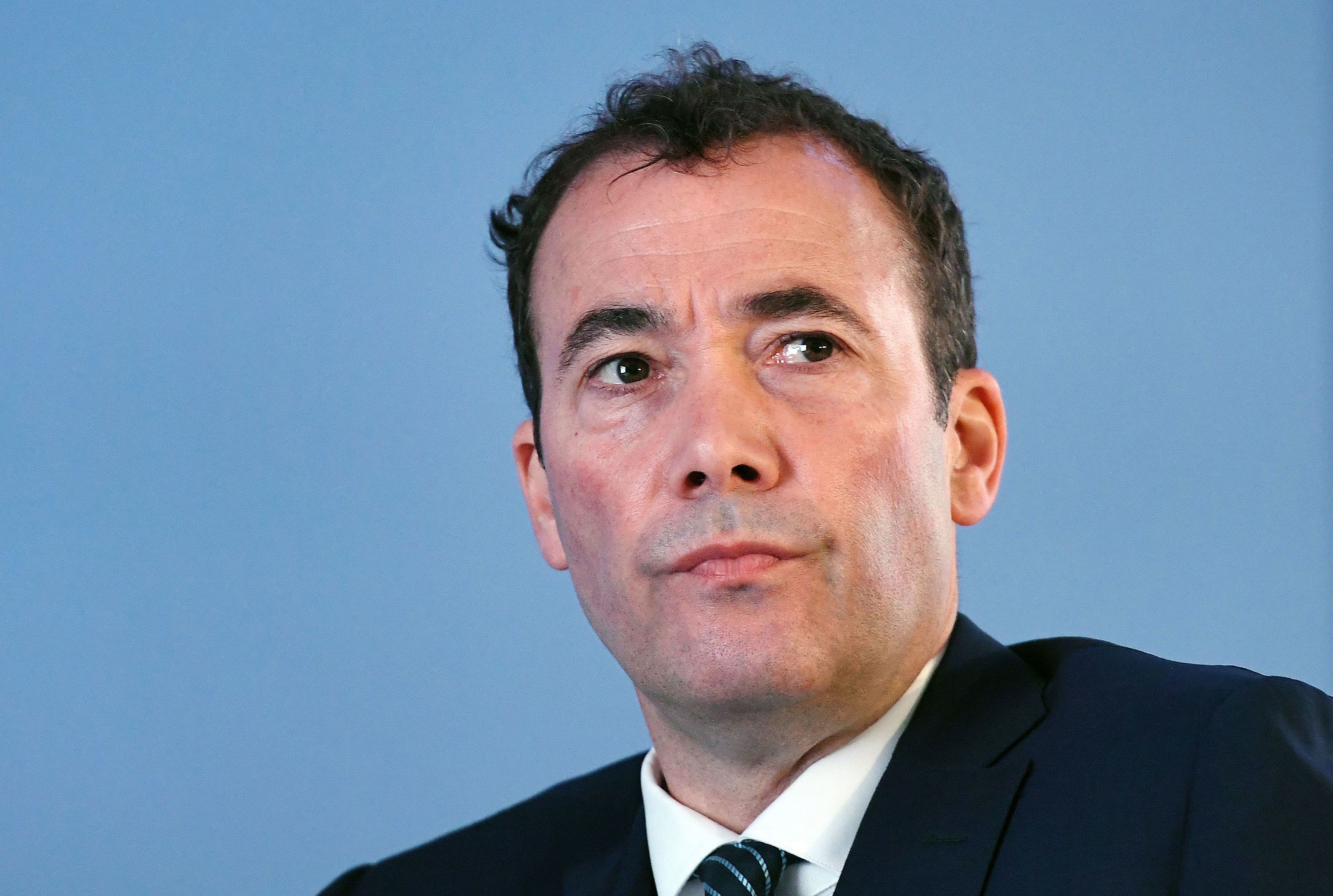President Obama declared Thursday that "the Affordable Care Act is here to stay," after winning yet another round in the Supreme Court.
But the battle's not over -- a host of legal and political challenges remain, and if anything, Republicans say they are more emboldened than ever to repeal the law.
"ObamaCare is fundamentally broken, increasing health care costs for millions of Americans. Today's ruling doesn't change that fact," House Speaker John Boehner charged in a statement Thursday, vowing to continue efforts on Capitol Hill to "repeal the law and replace it with patient-centered solutions."
The 6-3 decision upheld insurance subsidies nationwide, rejecting claims that residents in states that did not set up their own exchanges were ineligible for the credits. The decision was the second major court victory for the Obama administration on the president's signature health care law.
But several court cases are still wending their way through the system, including a challenge by House Republicans over the estimated $175 billion the administration is paying health insurance companies to reimburse them for covering poor people and cases over whether the law is forcing religious organizations to pay for employee contraceptives.
Further, Republicans are weighing a repeal strategy that could lead to a veto showdown with the president before the end of the year. That's not to mention what might happen if a Republican wins the White House in 2016, with a GOP majority on the Hill.
While Obama pressed Thursday for Washington to move on, the law's harshest critics made clear they have no plans to do so.
"It's a terrible [court] decision and to see the court sort of invent more ways to save the law time -- and again, it's frustrating -- but it reaffirms the point that that Congress is going to have to be the ones to get rid of it," said Dan Holler, spokesman for the conservative Heritage Action.
The biggest fight may come on Capitol Hill, as Republican opponents consider using a filibuster-proof process called "budget reconciliation" to push a measure through the Senate and, with the help of the GOP majority in the House, get a repeal bill before the president.
Using this tactic is not unprecedented. When Democrats did not have the typically required 60 votes to pass ObamaCare in 2009, they used "reconciliation," which only requires a 51-vote majority, to pass parts of it through the Senate. The option of using the same process to get rid of the law, with only a simple majority, has been a topic of conversation among opponents ever since.
"That is our preferred approach," said Holler. "[The repeal] could really begin in earnest. If Speaker Boehner and [Majority Leader Mitch] McConnell wanted to start the process today, they could if they wanted to," he told FoxNews.com. "There are multiple steps here but they could start right now if they wanted."
It's not yet clear that is the way the two Republican leaders want to proceed. According to a Washington Times report Thursday afternoon, Boehner has not decided that reconciliation is the way to go, even though he has expressed interest in repealing the law. "There's been no decision about what to use reconciliation for," he said, according to the article.
But this tactic, if used, could set up a direct clash with the president, for the first time putting a repeal bill on Obama's desk and forcing him to veto it.
It would also serve as an election year "test" for congressional Republicans, as well as presidential candidates, to see how serious they are about repealing. Holler said this would be a "test run for the Congress to show that they can put a repeal bill on the president's desk."
But supporters of the health care law say the effort would be a waste of time, given that Congress almost certainly would fail to get the necessary two-thirds majority to override a veto.
"It's not going to happen," said Simon Rosenberg, president of the New Democratic Network. "I don't know why Congress would waste their time to do something they know will be vetoed."
He said the argument for repeal is getting more difficult for Republicans the longer the law is in place, and it appears to be working in its goal to provide affordable health care to more Americans. He said there is "no compelling policy reason to repeal or public opinion reason to do it. I can't believe that heading into a presidential election, Republicans would want to be on record as having stripped tens of millions of people of their health care."
A recent Congressional Budget Office report also predicted that repealing the law could add billions to the budget deficit.
Republicans might be able to use "reconciliation" because they have tied the ObamaCare issue to their budget proposal, a necessary step to employ the controversial tactic. However, they still might be blocked from doing so due to parliamentary rules that limit how broadly the tool can be used. Among them is a requirement that any proposal not increase the deficit.
Holler said it's too early to know. "Some folks say you cannot use it to repeal the law in its entirety, others believe you can," he said, noting that he believes "a committed majority" can push its way through.
But Democratic leaders had a resounding message for Republicans after Thursday's decision: Let it go.
"With today's decision, the Affordable Care Act survived the latest Republican attempt to take away health care from working families," Senate Minority Leader Harry Reid, D-Nev., said in a statement. "To my Republican colleagues, I say respectfully: stop banging your heads against the wall trying to repeal the Affordable Care Act. It's time to move on."




No comments:
Post a Comment